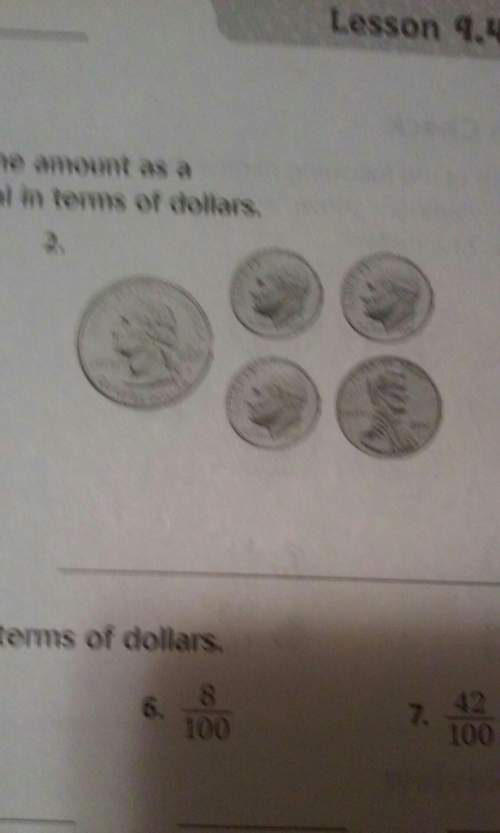
Mathematics, 02.08.2019 17:20 davidoj13
Dice the seller of a loaded die claims that it will favor the outcome 6. we don’t believe that claim, and roll the die 200 times to test an appropriate hypothesis. our p-value turns out to be 0.03. which conclusion is appropriate? explain. a) there’s a 3% chance that the die is fair. b) there’s a 97% chance that the die is fair. c) there’s a 3% chance that a loaded die could randomly produce the results we observed, so it’s reasonable to conclude that the die is fair. d) there’s a 3% chance that a fair die could randomly produce the results we observed, so it’s reasonable to conclude that the die is loaded.

Answers: 2


Other questions on the subject: Mathematics


Mathematics, 21.06.2019 19:30, valerieaj113
Weekly wages at a certain factory are normally distributed with a mean of $400 and a standard deviation of $50. find the probability that a worker selected at random makes between $450 and $500
Answers: 2


Mathematics, 21.06.2019 23:00, freebyyy7032
Unaware that 35% of the 10000 voters in his constituency support him, a politician decides to estimate his political strength. a sample of 200 voters shows that 40% support him. a. what is the population? b. what is the parameter of interest? state its value c. what is the statistics of the interest? state its value d. compare your answers in (b) and (c) is it surprising they are different? if the politician were to sample another 200 voters, which of the two numbers would most likely change? explain
Answers: 2
You know the right answer?
Dice the seller of a loaded die claims that it will favor the outcome 6. we don’t believe that claim...
Questions in other subjects:



Mathematics, 06.05.2020 21:34



Mathematics, 06.05.2020 21:34








